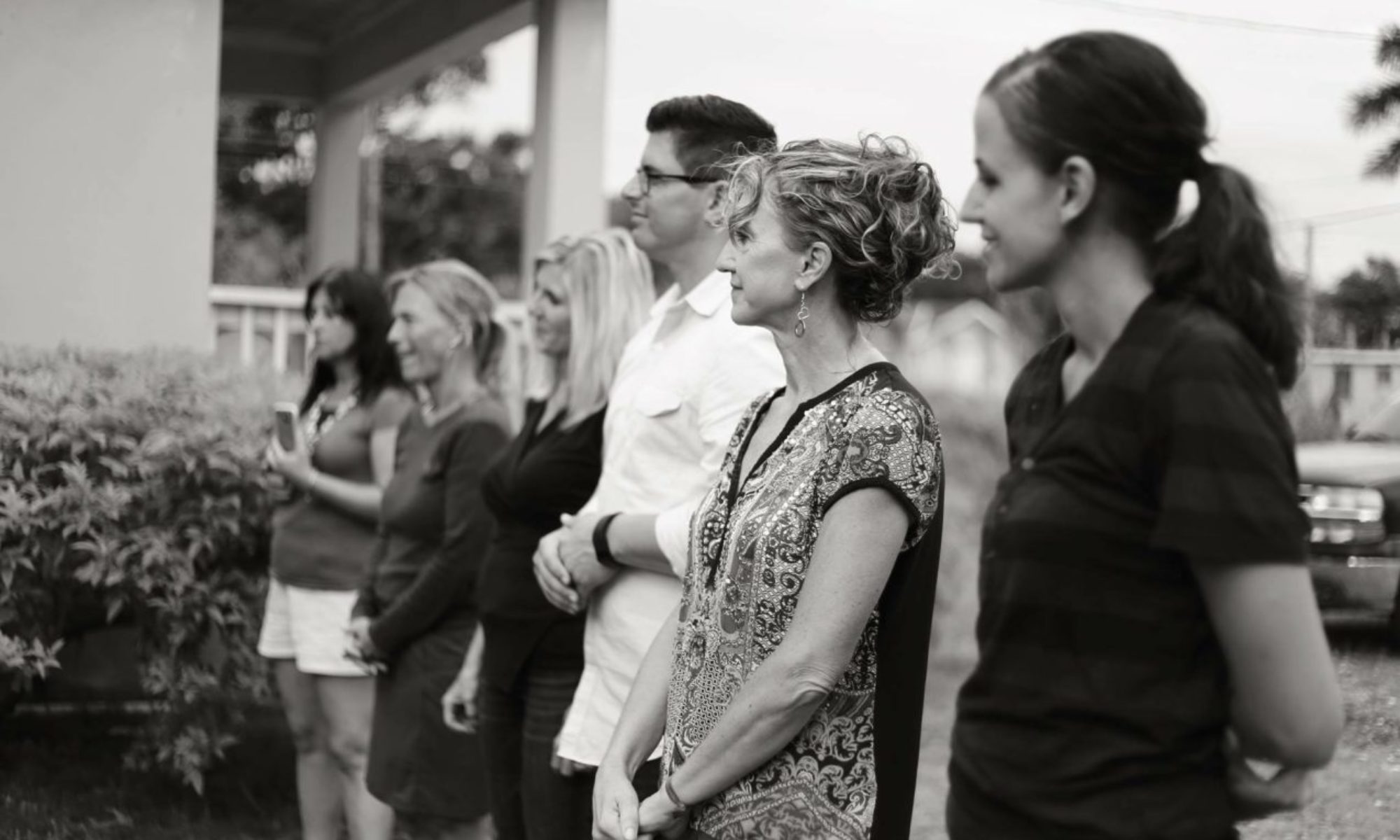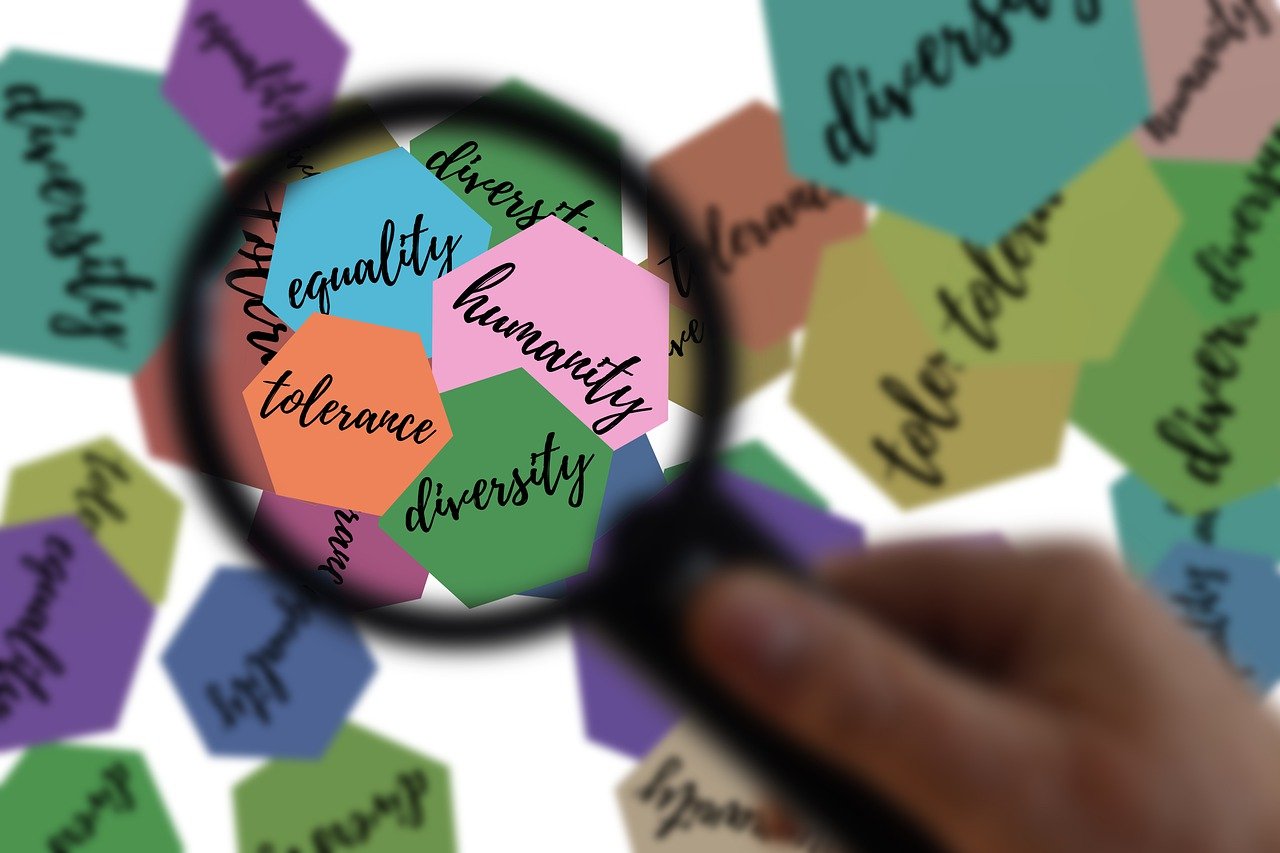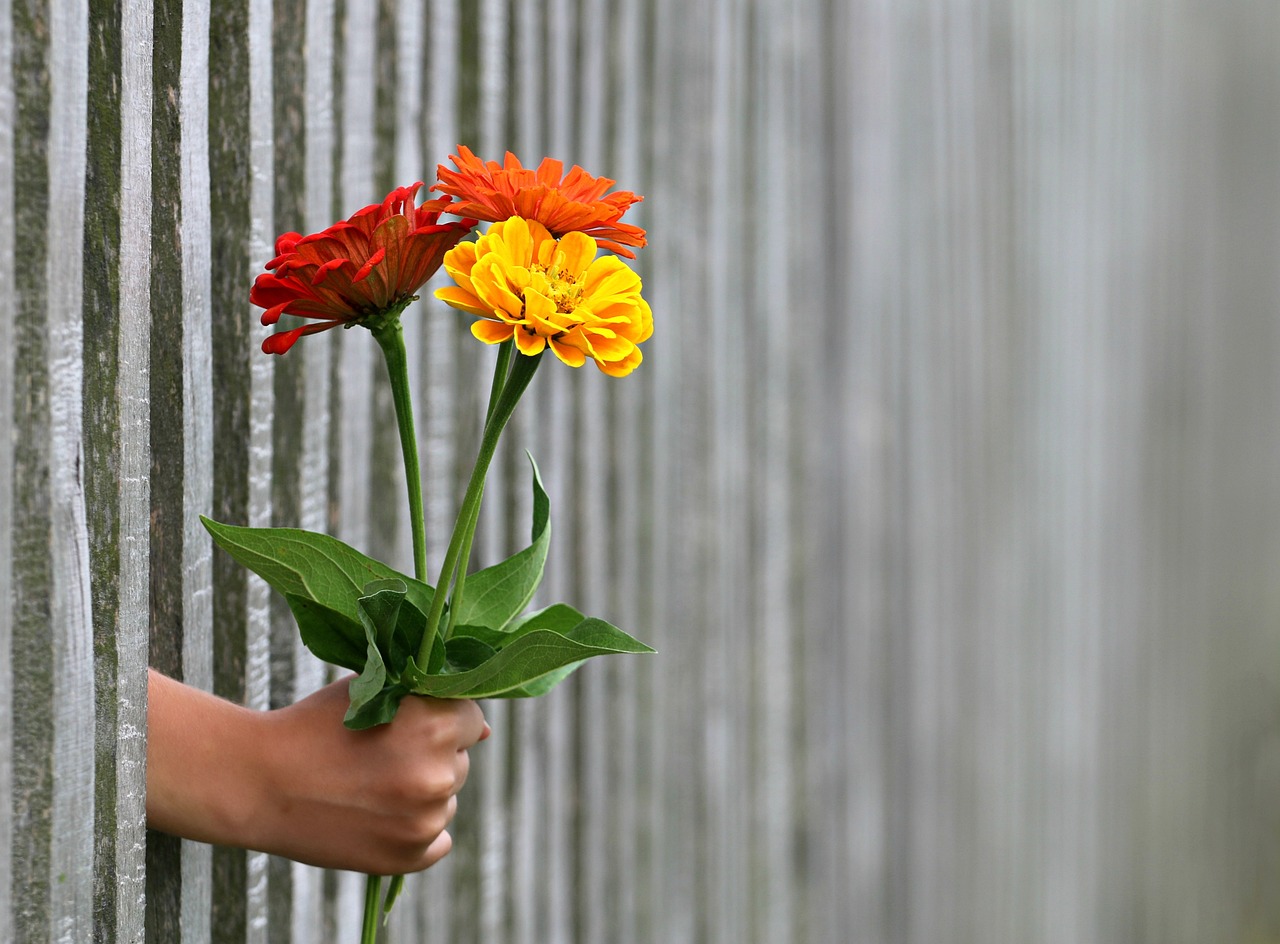It was a typical Sunday afternoon when I witnessed a small argument between my friends, Sarah and Jane. They’d been roommates for a year, but recently their bond had become strained. What started as a minor disagreement about shared chores quickly escalated into harsh words and raised voices. As the tension grew, they both stormed off to separate rooms, each fuming with frustration. It was clear that the altercation wasn’t just about dishes—it was a buildup of misunderstandings and unspoken resentments.
But, hours later, something remarkable happened. Instead of continuing to stew in silence, Sarah and Jane sat down together. They apologized for the things they’d said in anger and took the time to express their feelings openly and calmly. What followed wasn’t a heated back-and-forth, but rather a conversation about what each person truly needed from the other moving forward. They didn’t let the disagreement define their relationship. In fact, they emerged from the altercation with a deeper understanding and respect for each other.
This is the power of healthy communication after a conflict. It’s easy to let emotions rule in the heat of the moment. When tensions rise, it’s natural to want to defend ourselves or lash out. However, healthy communication allows us to process emotions constructively and repair the emotional rift caused by conflict.
Why Healthy Communication Matters
The way we handle conflict can make or break relationships. Poor communication often leaves unresolved issues simmering beneath the surface, which can lead to further tension and even emotional distance over time. Healthy communication, on the other hand, fosters understanding, builds trust, and strengthens connections. It involves expressing feelings honestly, but also respectfully, without blame or judgment.
Examples of Healthy Communication After an Altercation
- Active Listening – After a disagreement, it’s vital to listen actively to the other person’s perspective. Instead of planning your next rebuttal, truly hear what the other person is saying. For instance, Sarah and Jane didn’t just apologize; they listened to each other’s grievances and took time to validate each other’s feelings. This made them feel understood and respected.
- Use “I” Statements – Instead of accusing or pointing fingers, use “I” statements to express your feelings. For example, instead of saying, “You never do the dishes!” try, “I feel frustrated when the dishes aren’t done because it makes me feel like I’m carrying all the responsibility.” This avoids putting the other person on the defensive and encourages them to listen without feeling attacked.
- Timing is Key – Give yourself time to cool off before having a conversation about the altercation. Emotional conversations, if held too soon, may only perpetuate the cycle of blame. Once both parties have calmed down, you can approach the issue with a clearer mind.
Healthy communication is not just about talking; it’s about fostering an environment where both parties feel safe to express their emotions and work towards a resolution. In doing so, conflicts become opportunities for growth, learning, and connection rather than sources of division.











